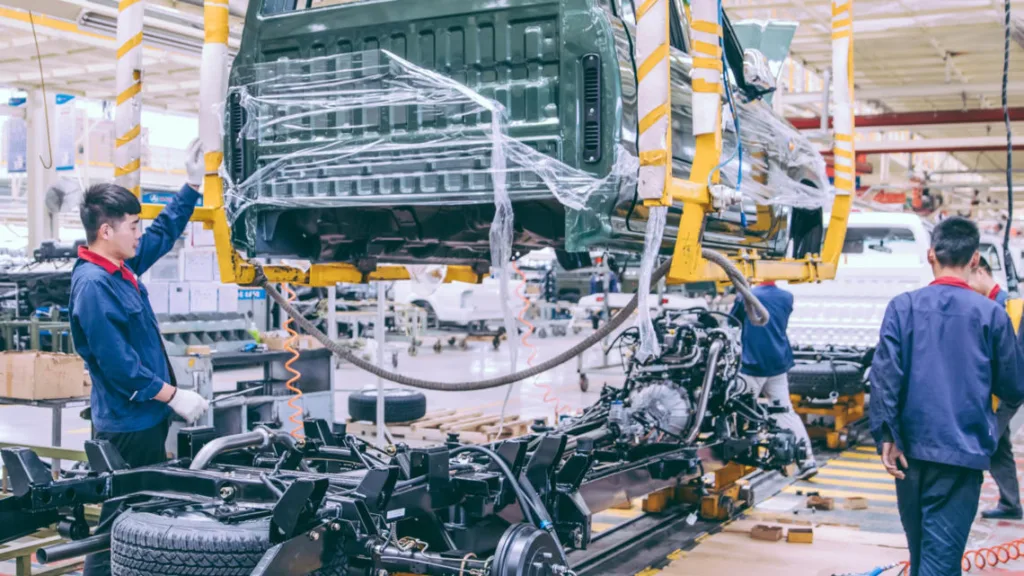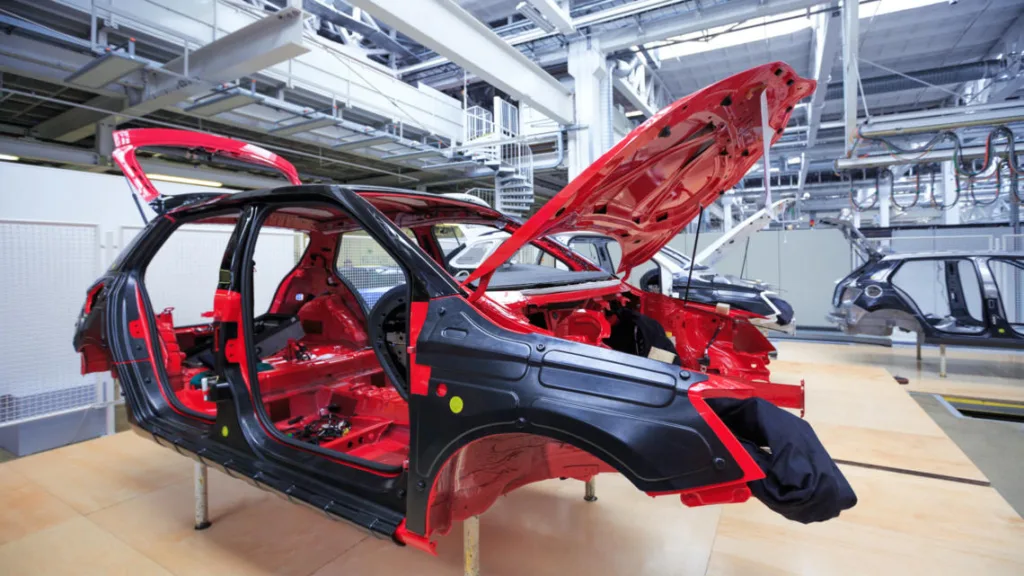Davos, 23 January 2020: The World Business Council for Sustainable Development (WBCSD), in partnership with the World Economic Forum, the European Institute of Technology’s Climate-KIC, SYSTEMIQ, a systems change company and a diverse coalition of government, industry and other partners today launched the Circular Cars Initiative – a multi-stakeholder effort to completely decarbonize the automotive manufacturing sector.
The Circular Cars Initiative enlists a consortium of private and public-sector stakeholders along the automotive value chain who are committed to eliminating manufacturing emissions in line with the constraints of a 1.5 degree climate scenario. A primary goal is to increase the recyclability of cars, their parts and components.
Today, the automotive sector is responsible for approximately 20% of global CO2 emissions. If current emissions remain steady, this sector alone will produce more than 0.8°C warming by 2100. The automotive industry is also a heavy consumer of other natural resources: responsible for around 80% of all rubber consumption, 25% of all aluminum and about 15% of all steel. All of this exacts a significant environmental toll.
In response to the industry’s growing environmental footprint, regulators, activists and companies have focused on the importance of transitioning automobiles to cleaner fuels such as electricity and hydrogen. This has the potential to virtually eliminate vehicular emissions during utilization.
However, while electric vehicles reduce emissions during utilization – and cut cumulative emissions – they significantly increase emissions from manufacture. A “circular car,” or an automobile that is 100% recyclable, can virtually eliminate these manufacturing emissions –reducing GHGs and utilizing a variety of other resources more efficiently.
A number of emerging technology trends will enable this transition. The Internet of Things (IoT) enables automotive materials and components to be better tracked across their lifecycle. New technologies like 3D-printing promise materials can be saved or used more efficiently. And the emergence of Mobility-as-a-Service (MaaS) companies like Uber and Lyft, have created the potential for full lifecycle ownership of automobiles. This gives companies a greater interest to maintain the value of their materials when disposing of vehicles.
For more information on the CCI, please contact glennie-holmes@wbcsd.org
Related
Content

Leading manufacturers support move towards better emissions measurement for the automotive industry
21 April, 2022

Ecosystem collaboration for sustainable mobility at the Movin’On Summit 2021
16 June, 2021

The circular economy could forever change how cars are made – here’s how
18 December, 2020

